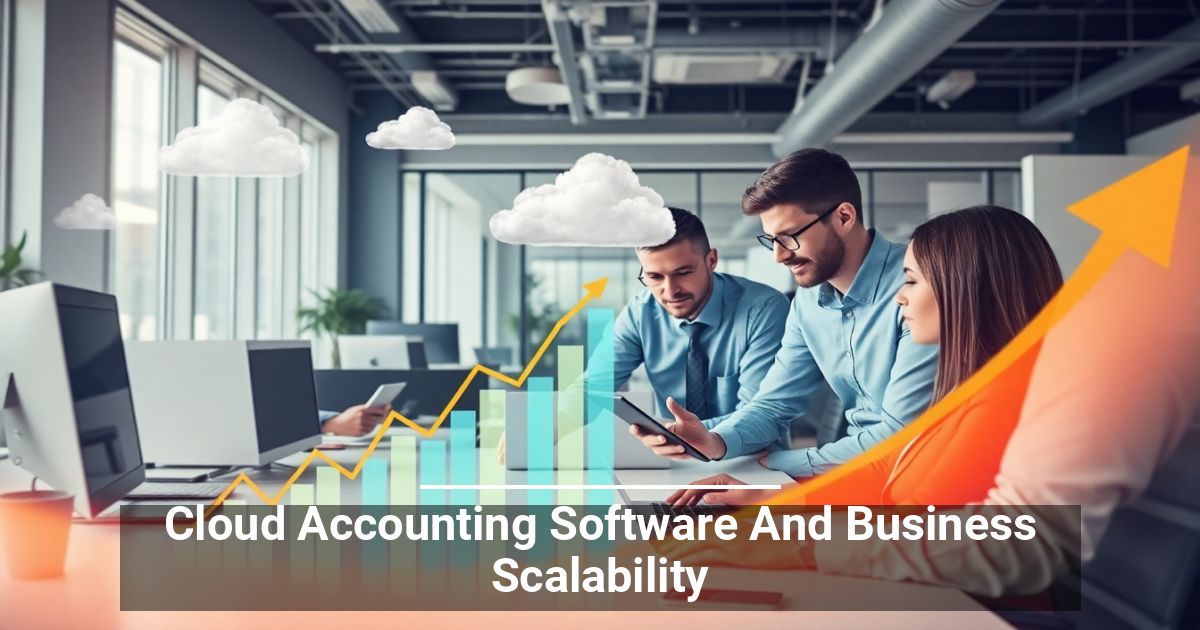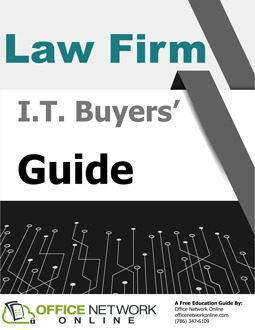 How many resources do you spend on financial management? Outdated bookkeeping can hold back the growth of even the most innovative establishments. Keep reading to learn how cloud accounting software is making scalability more achievable than ever.
How many resources do you spend on financial management? Outdated bookkeeping can hold back the growth of even the most innovative establishments. Keep reading to learn how cloud accounting software is making scalability more achievable than ever.
What Is Cloud Accounting?
Long gone are the days when businesses needed physical storage and in-house servers to manage financial records. With cloud accounting, you can do everything over the internet, or what many refer to as “the cloud.”
The most common forms of this technology include:
- Public cloud: Third-party vendors provide shared online infrastructure, which is usually more cost-effective and easily accessible.
- Private cloud: Having your own servers might cost more to acquire and maintain, but you’re paying for greater control and security. We recommend it for businesses that regularly handle highly sensitive data.
- Hybrid cloud: Established companies often manage a mix of public and private systems. When one suffers from downtime, the other can compensate.
- Multi-cloud: Don’t put all your eggs in one basket! This approach works similarly to a hybrid cloud setup but uses multiple providers to avoid vendor lock-in.
Unlocking the Potential of Cloud-Based Accounting Solutions
It’s normal to hesitate with new technology, but change brings opportunity. Properly implemented cloud accounting software has many worthwhile advantages, including:
1. Easier Scalability
In the past, businesses had to spend inordinate amounts to update inflexible infrastructures. Online bookkeeping services let you scale up or down with a simple subscription adjustment.
This flexibility allows your establishment to seize time-sensitive opportunities or soften the blow of unexpected challenges.
2. Seamless Collaboration
Cloud platforms handle the maintenance details, while your team enjoys easy access to financial dashboards and applications from various devices in any location.
Everyone stays on the same page with a singular source of data. Different departments and even whole company branches can communicate better, which reduces delays and boosts productivity.
3. Boosted Data Security
Reputable vendors do the heavy lifting through data encryption, multi-factor authentication, and frequent patches that address vulnerabilities. Even with robust cloud software, you should still teach employees to recognize phishing scams, make strong passwords, and handle sensitive information with care.
4. Regulatory Compliance
Navigating data security and tax laws can feel overwhelming, especially when they’re constantly changing. Cloud vendors simplify compliance by updating their systems to match the latest requirements.
5. A Streamlined Workflow
Every business has to deal with those tedious but routine accounting tasks. Sophisticated cloud solutions can assist with bank reconciliation, tax calculation, and invoice automation to save time and reduce human error.
6. Enhanced Customer Service
Modern accounting software makes life easier for your clients, too. Features like real-time expense tracking and instant access to financial data streamline an otherwise frustrating process.
Driving Success With Scalable Accounting Solutions
Cloud accounting software is a game-changer for business owners. It simplifies tasks, enhances security, and scales effortlessly as you grow. Stay ahead, save time, and focus on building your company.


